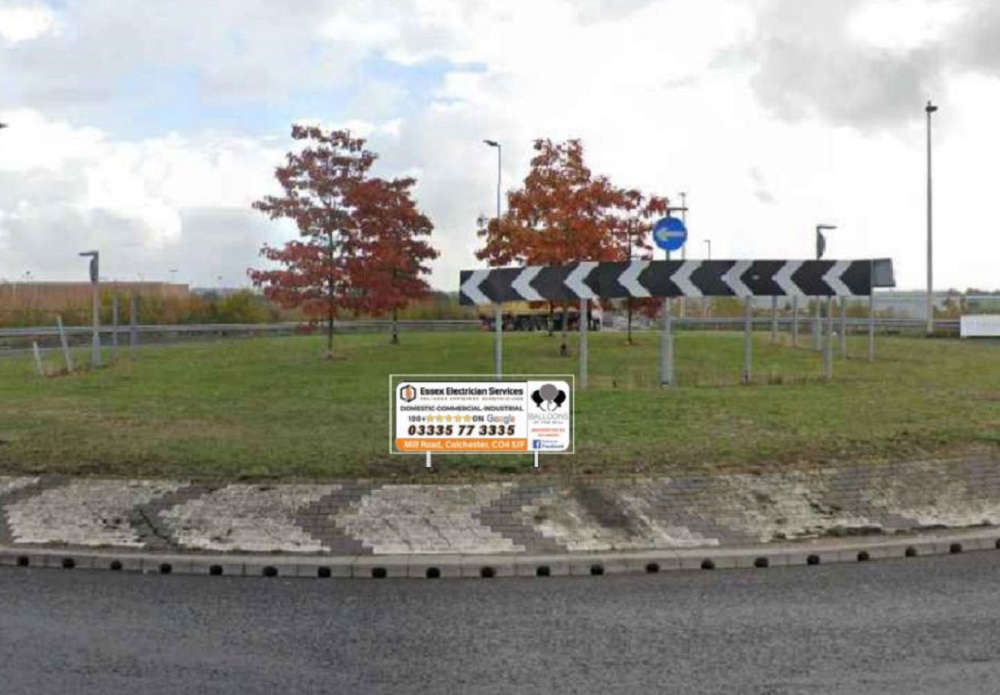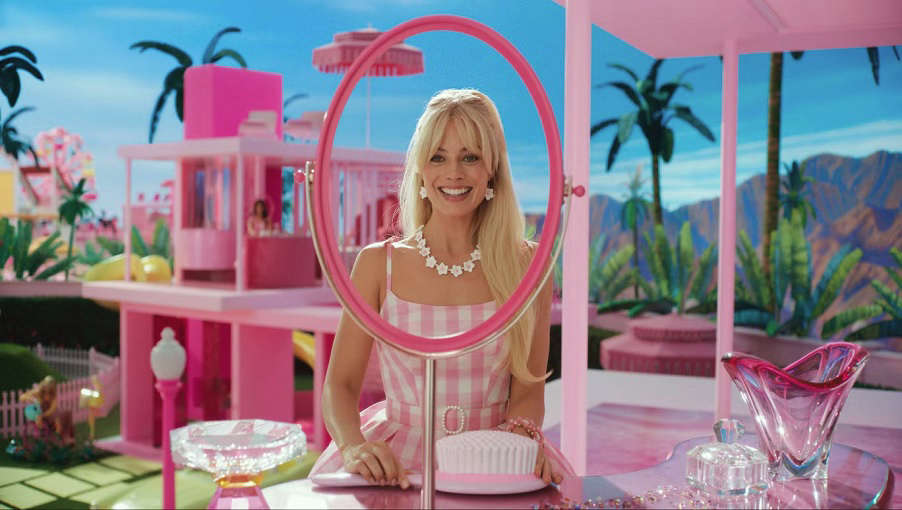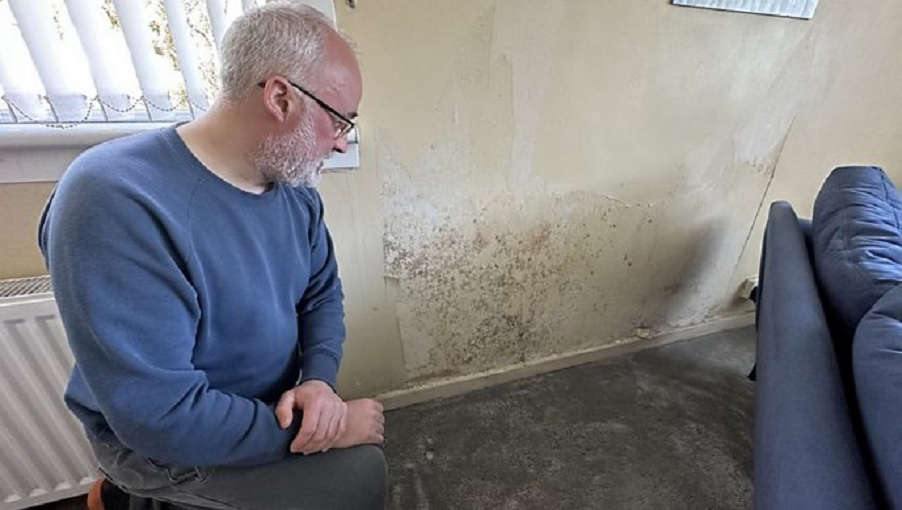

The reality of being a tradeswoman and earning just 72% of what men do
Posted: Monday, August 29th, 2022

'My husband has been trying to fix this all week – there’s no way you’ll be able to do it’. Comments like these don’t even surprise Leah Carney anymore. Metro reports that Carney has worked as a tradeswoman for nearly four years, with a specialism in plumbing and heating. Throughout her time in the industry, she’s experienced sexism, gender discrimination and comments like the above. She has been laughed at, met with disbelief when turning up for jobs, and had people say things like: ‘There’s no way you’re a plumber, what are you doing here?’ (No, you haven’t entered some sort of time warp: the year is 2022.) Carney has also faced challenges with colleagues and managers, as well as clients. As a woman, in certain companies, she has found that managers scrutinise her work and judge her capabilities more intensely than her male colleagues. Other times, she said she’s experienced colleagues blaming her for their mistakes. She recalls managers always taking the side of her male colleagues. While she’s never been in a situation where she was made to feel unsafe, Leah has very often felt uncomfortable due to people saying inappropriate things. Unfortunately, Leah is far from alone in her experiences. New research from the find-a-tradesperson platform, Rated People has revealed the realities of what it’s like to be a woman (inclusive of all who identify as female) working in a trade – and the results aren’t great in terms of treatment, pay gaps, representation or opportunities. The study discovered well over a third of tradeswomen (39%) aren’t taken seriously because of their gender, one in seven (15%) have had personal safety concerns when working, and almost one in 10 (9%) say they’ve had customers who won’t let them work on a job when they see they’re a woman. Kalece Okusanya has been a tradeswoman for six years and is the owner of Suave Property Care, a painting and decorating business. Okusanya stumbled into the trade industry by accident when she volunteered on a project when she was younger. Although she didn’t plan on being a painter, she now loves mixing her hands-on work with the management skills that are needed to run a business. For her, the main challenge is that clients just aren’t used to seeing a young Black woman in the industry. Okusanya explains that she’s often challenged on her knowledge and expertise, and when she’s explaining to a client what can and can’t be done on a job, she thinks they would respect her judgment more if she were a man. She explains that sometimes you have to fight harder to prove yourself and gain the recognition you deserve as a woman in the industry. In the past, clients have tested her to see how much she knows. Once, when she was demonstrating how to tackle a specific job to a more junior painter, a plasterer decided he knew best and took over the conversation, interrupting Okusanya and explaining how to do the task at hand. When Okusanya informed the plasterer that she was managing the job and she owned the company, she said he was shocked. ‘Sometimes people like to make you think you don’t know what you’re doing, and mentally and emotionally, this can be exhausting,’ she said. ‘As a tradeswoman, there have been times when I’ve had to dig deep to find the motivation to come to work because sometimes you have to fight harder to prove yourself and gain the recognition you deserve as a woman in the industry.’ Okusanya feels very confident in her expertise and knowledge. She adds that things have already started to change for the better – now, she doesn’t feel like she has to work any harder than others to prove herself because she’s a woman. But there’s still a lot more that needs to happen to address the gender equality in the industry. Overall, the representation of women in the industry is dire and research from Rated People highlights just how out of balance it really is. Of the 20 overall professions with the worst levels of representation of women in the UK, more than half are within the trades industry. Women make up less than 1% (0.99%) of carpenters and joiners in the UK, and less than 4% of electricians, plumbers, floorers and tilers are women. Across the 10 trades with the lowest representation of women, none of them have more than 5% of women in the workforce. And when it comes to pay, things get even worse. On average, women earn just 72% of what men do across 15 key trades in the industry. But for floorers and wall tilers, this drops to a staggeringly low 41%. The few women who are carpenters earn just shy of £17,000 a year on average, while men in the same trade earn over £31,000 – a difference of almost £15,000 a year. That means, on average, female carpenters are earning just 53% of their male counterparts.
Trending Stories
-
 Being a plumber, electrician and gardener is the best way to stop AI taking your job
Being a plumber, electrician and gardener is the best way to stop AI taking your job
If you want to avoid artificial intelligence taking over your job in the future, learn a trade
-
 Essex electrician has roundabout signs rejected
Essex electrician has roundabout signs rejected
A sparkie’s bid to sponsor signs on two roundabouts has been refused by planning chiefs who described them as “clutter”
-
 Barbie caused a ‘worldwide’ shortage of pink paint
Barbie caused a ‘worldwide’ shortage of pink paint
Barbie needed so much fluorescent pink paint that it caused a worldwide supply shortage for an entire company
-
 Builders find body of man murdered in the 1960s and buried in back garden
Builders find body of man murdered in the 1960s and buried in back garden
A woman who bought a South London house was left horrified after builders discovered the body of a man murdered in the 1960s and buried in her garden 14 months after she moved in
-
 'Government insulation scheme ruined my home'
'Government insulation scheme ruined my home'
A home-owner said his flat has been ruined by black mould caused by a government "green" insulation schem
Comments
Add a comment